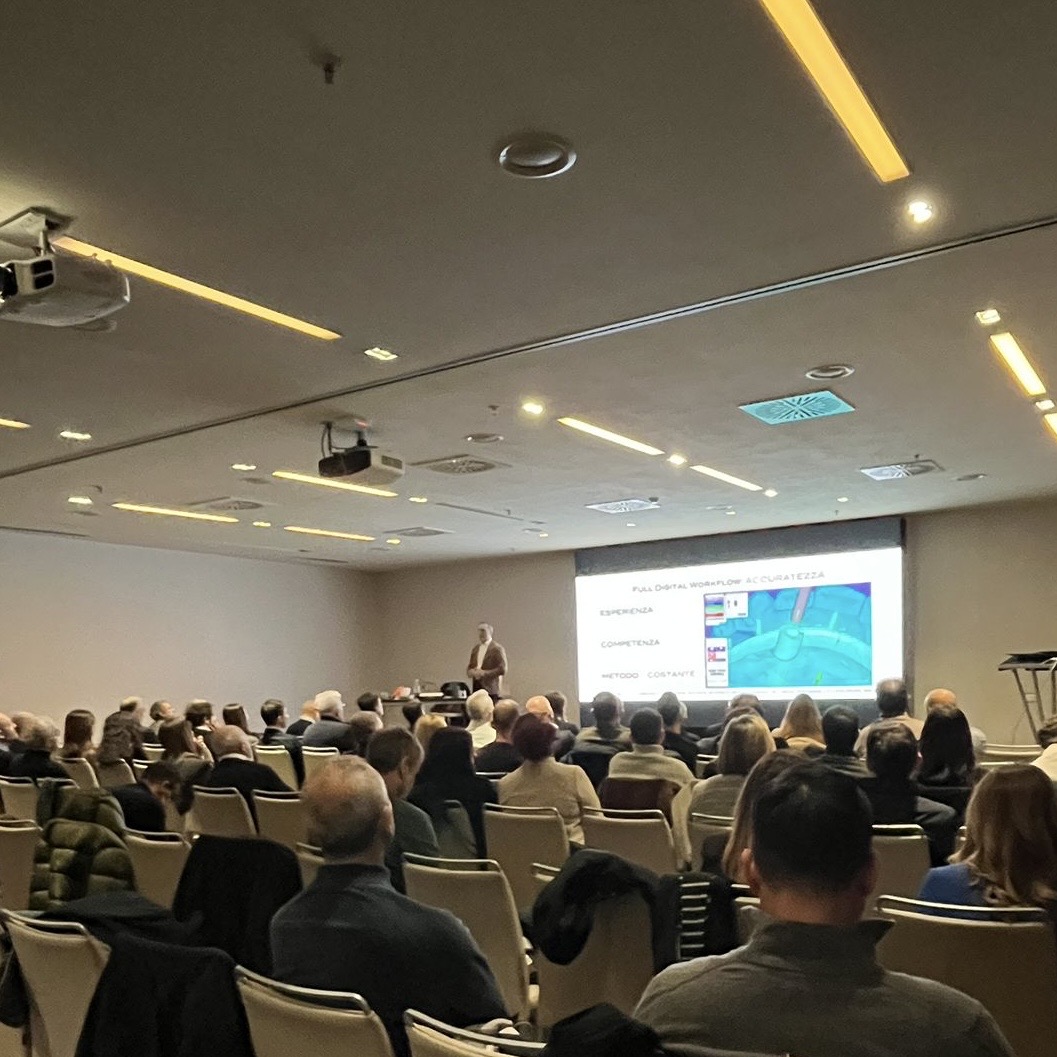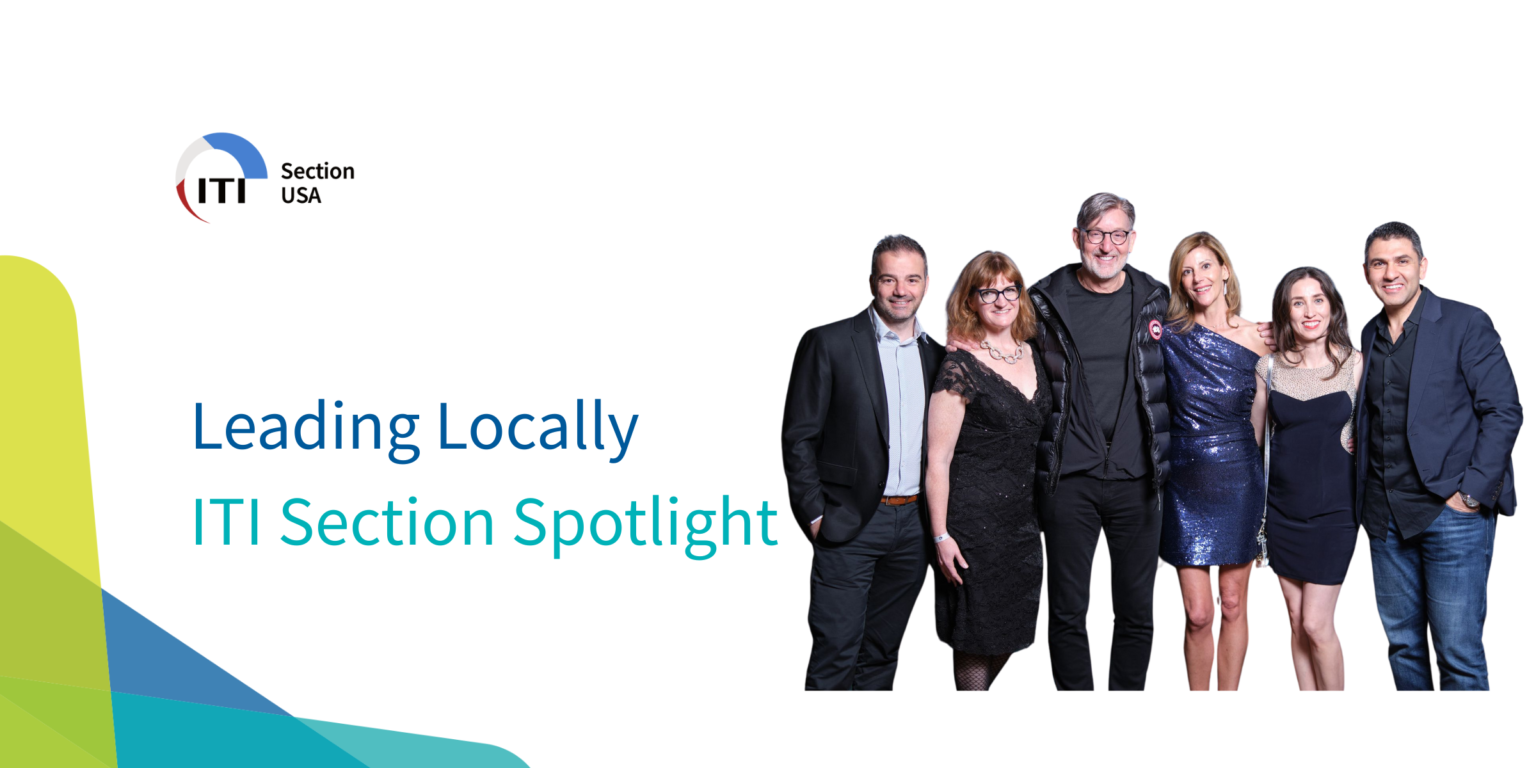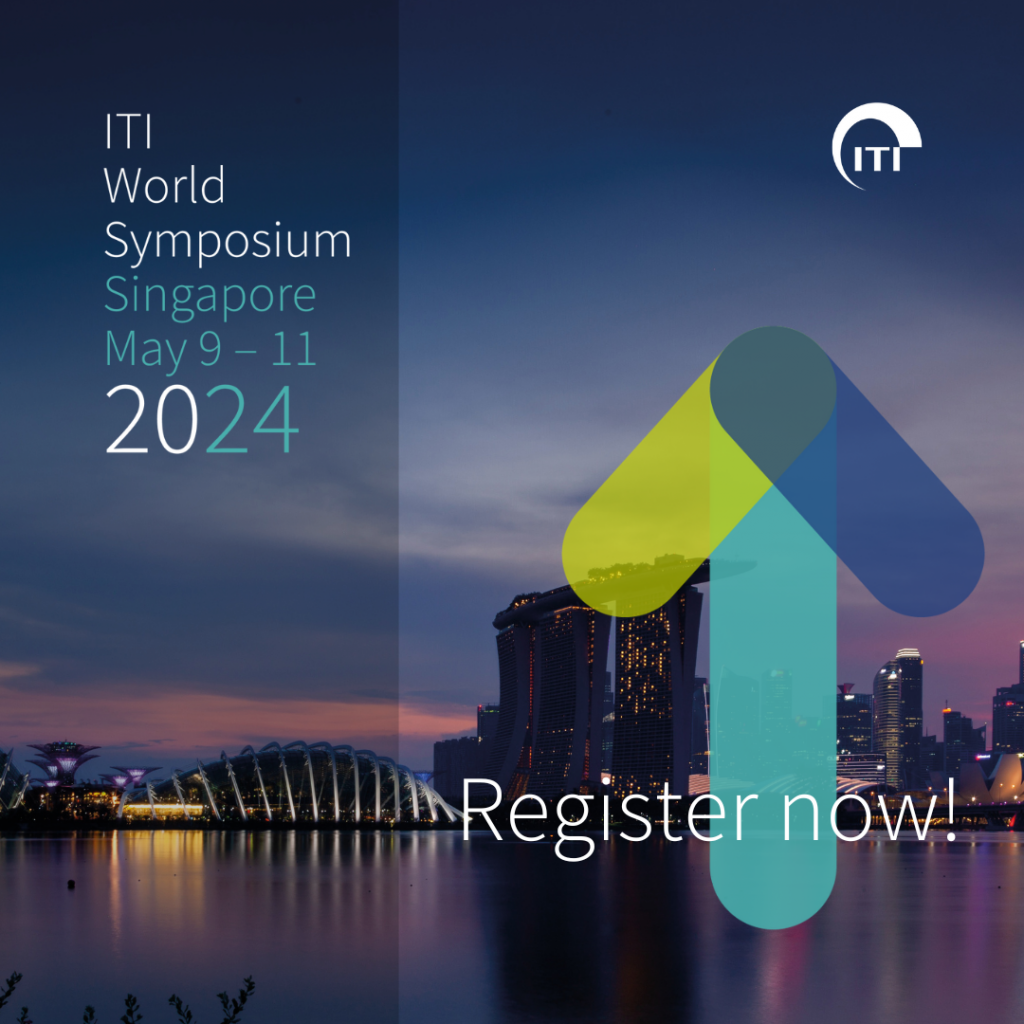With USD 2.2 million to allocate to dental-implant-related studies every year, the ITI Research Committee supports meaningful research projects run by experienced as well as aspiring researchers from all over the world. But there is more to these great professionals than just their work.
In this new feature the ITI Blog takes a 360° look at the personal and professional lives of individual researchers who have received ITI funding.
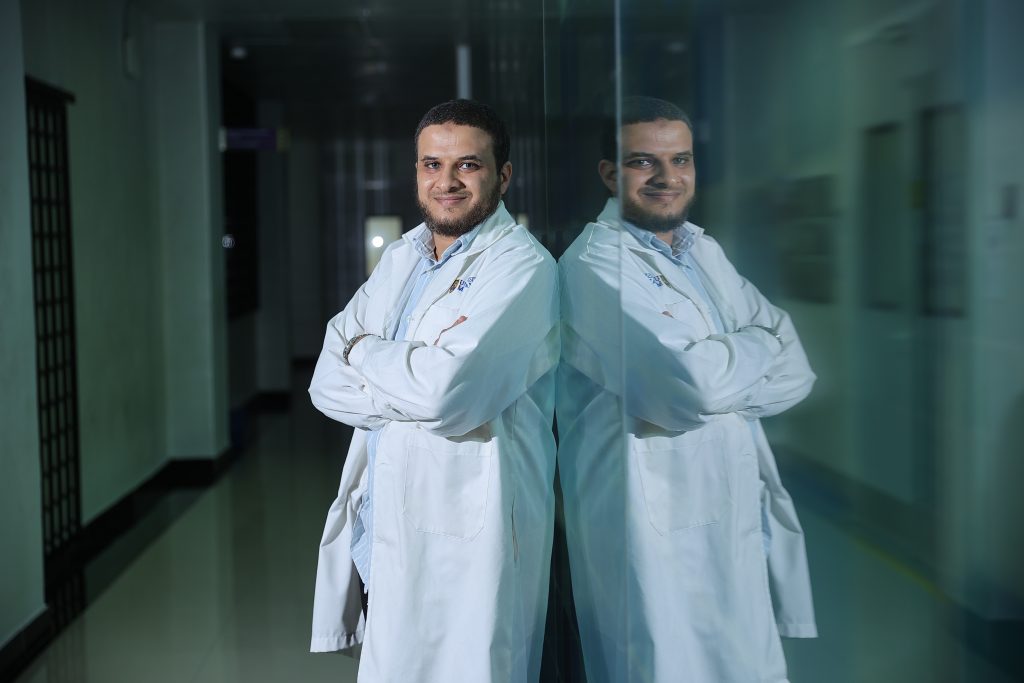
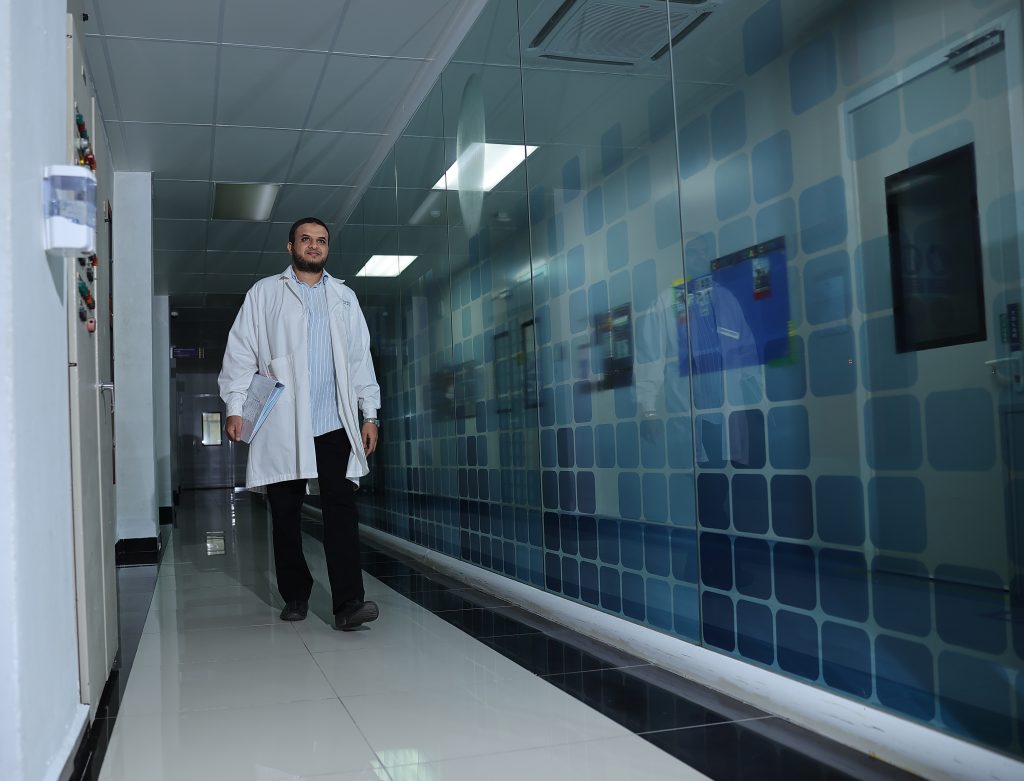
In this issue, we interview Dr. Mahmoud Zakaria. Originally from Egypt, he is currently a postdoctoral fellow at the University of Malaya, Malaysia.
Can you tell us a bit about your professional background?
I didn’t plan to be a researcher, I wanted to be an engineer. I went to Ain Shams University to study engineering, where I became very interested in mechanical engineering, especially manufacturing and materials. I followed up with a master’s and then a PhD at the University of Malaya, Malaysia. There I established an overseas collaboration where I managed to finish all my experimental work. This collaboration polished more my research skills and motivated me more towards multidisciplinary and impactful research.
I am currently a postdoctoral fellow at the University of Malaya and my focus is on the processing of metallic glasses for biomedical applications and the additive manufacturing of these special alloys.
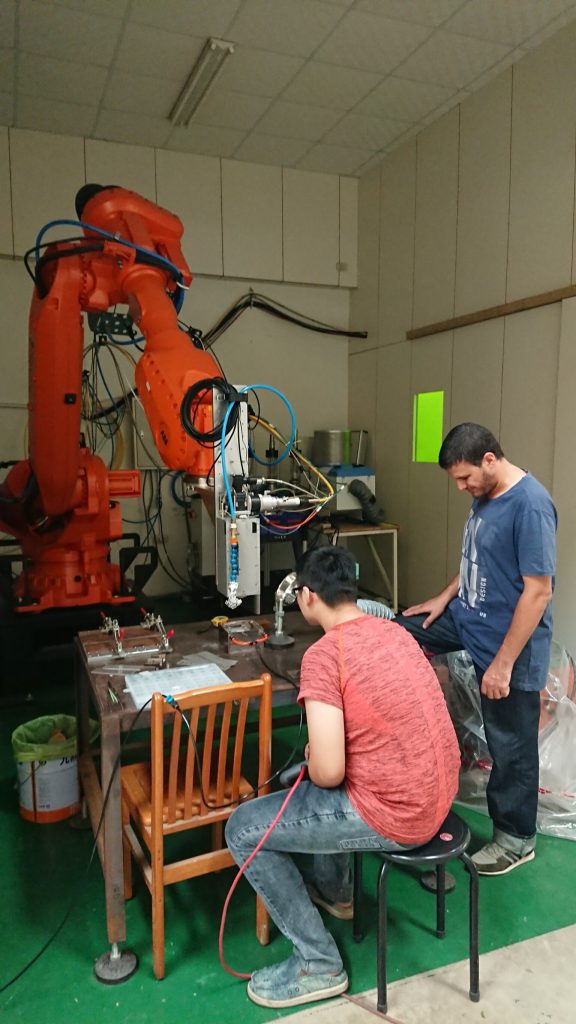
Give us a brief description of your project
My project proposes using metallic glasses as a new material for dental implants. Metallic glasses are unique metallic alloys with an amorphous or glass-like structure. In other words, they are non-crystalline metal alloys unlike conventional metallic alloys. Thus, metallic glasses have excellent properties that increase their potential for biomedical applications.
We propose using Fe-based metallic glass for its ultra-high strength, hardness, wear and corrosion resistance, and biocompatibility. It can replace the currently used Ti-based dental implants that lack wear resistance and demonstrate fretting fatigue responsible for the failure of 10% of dental implants. In this project, I intend to show the feasibility of Fe-based metallic glass for dental applications at the laboratory scale.
I see this as the first stage. After successfully completing this work, I can move on to animal and in-vivo tests. Next, with the aid of my research team, we can develop pre-clinical studies and translational studies to be ready for commercialization.
I hope this project can advance and promote the durability and functionality of dental implants by reducing revision surgeries and offer more comfort for patients.
Tell us where you are based and a little bit about your team
I am originally from Egypt and am now a postdoctoral fellow at the University of Malaya (since 2021). We – Prof. Mohd Hamdi, Prof. Ahmed Sarhan, Prof. Tsung-Yuan Kuo, Associate Prof. Dr. Hany Mohammed, Dr. Muaiyed Mahmoud Buzayan, Associate Prof. Dr Eshamsul Sulaiman – are an international research team from different countries specializing in engineering, with an emphasis on manufacturing and materials processing, and dentistry (endodontics and endodontic biomaterials, prosthodontics, oral implantology).
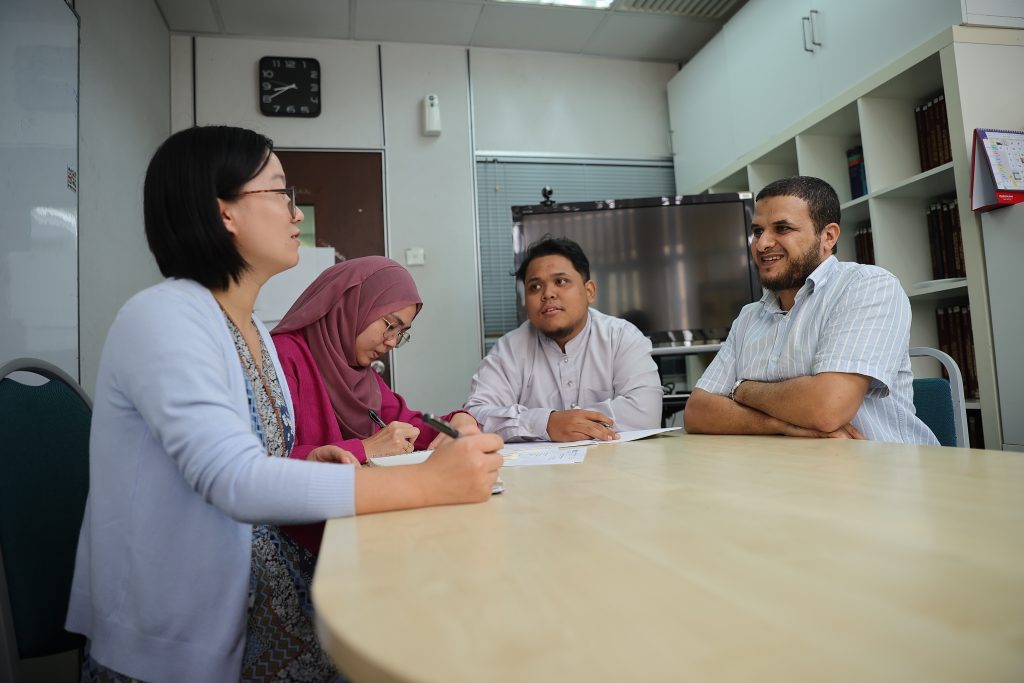
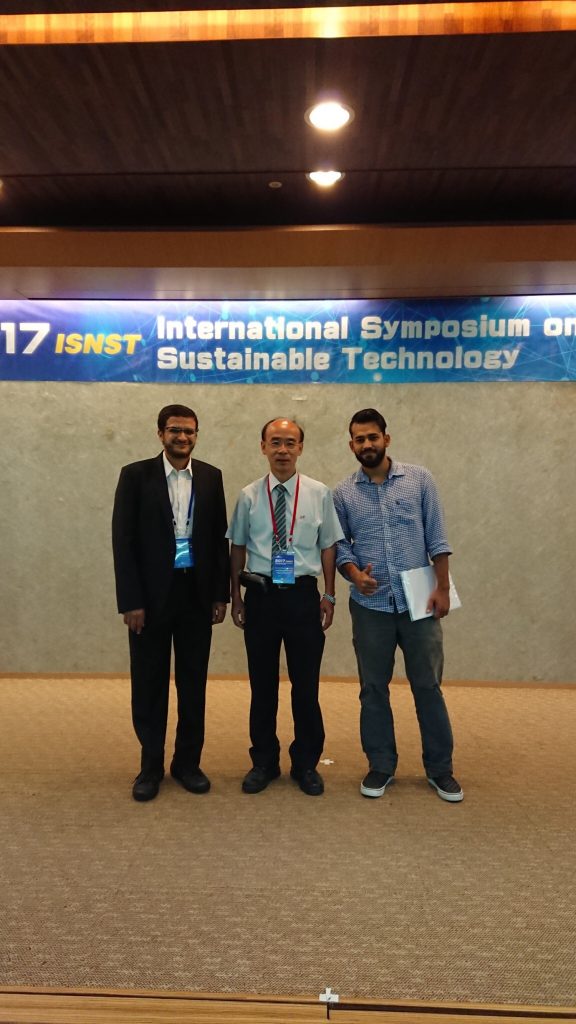
What would be your ideal job?
I hope to continue with an academic career. Of course, I will work and expand my collaborations with industry to ensure impactful research. Being on the faculty of a world-class university where I can perform my research, advance my knowledge and experience, and benefit the community is my ideal job. I enjoy doing research and even more I enjoy seeing people benefiting from research outputs. In 15 years, I hope to have established a research team and collaboration network so I can transfer my knowledge and experience to a new generation of scholars and researchers.
Can you describe a typical weekday?
My day starts very early with morning prayers (Fajr) at 6 am. After this, I spend an hour checking my social media or watching videos related to my hobbies on YouTube, then I get ready to go work. I usually arrive at the office or lab by 8.15, starting by checking and sending emails and following up on my research activities. I move on to lab work and experiments, or I work on the computer (either reading or writing). Some days, I am busy in meetings and/or discussion with colleagues or students, or attending seminars and workshops. At lunch I usually chill with colleagues and friends and then pray Dhuhur (noon prayer for Muslims). After that, depending on my schedule, I keep working until I finish a complete chunk of work. I usually split my work into chunks, so it is easier for me to manage. I get home by 6.30 or 7 and have dinner with my family, then, spend two to three hours with them before going to bed at 9 or 10.
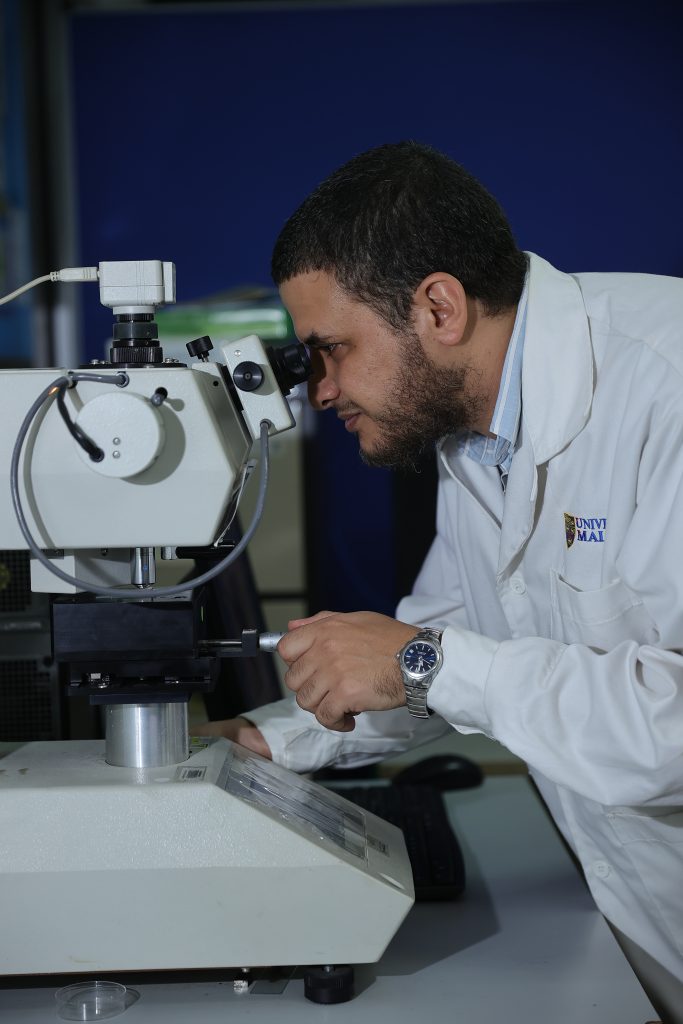
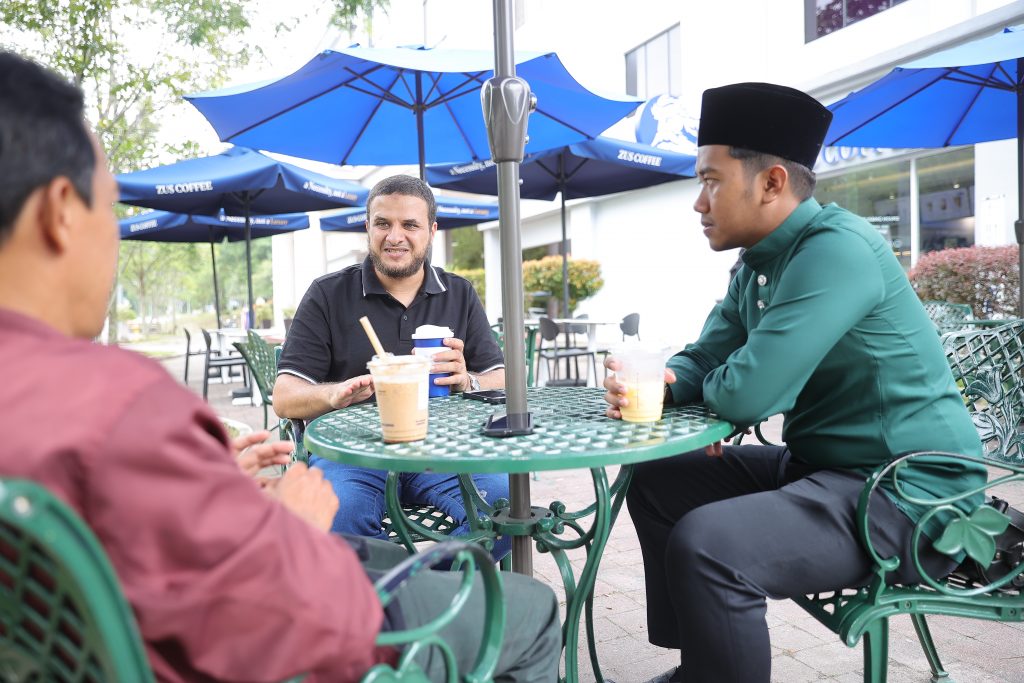
What else do you like to do apart from work?
Apart from research and academic work, I like Arabic calligraphy. It has been my hobby since I was 6 years old and I have kept on developing it. I learnt how to prepare my tools and materials using traditional techniques. I used to make artistic calligraphy paintings for my house and sometimes for friends.
I also love woodworking. I make frames and small pieces of furniture for my house.
I would like also to mention that I like cooking. I learnt to cook from my mother and then developed my skills and knowledge through YouTube, articles and TV shows. I like trying out dishes from different cultures/regions and sometime I add my own personal twist.
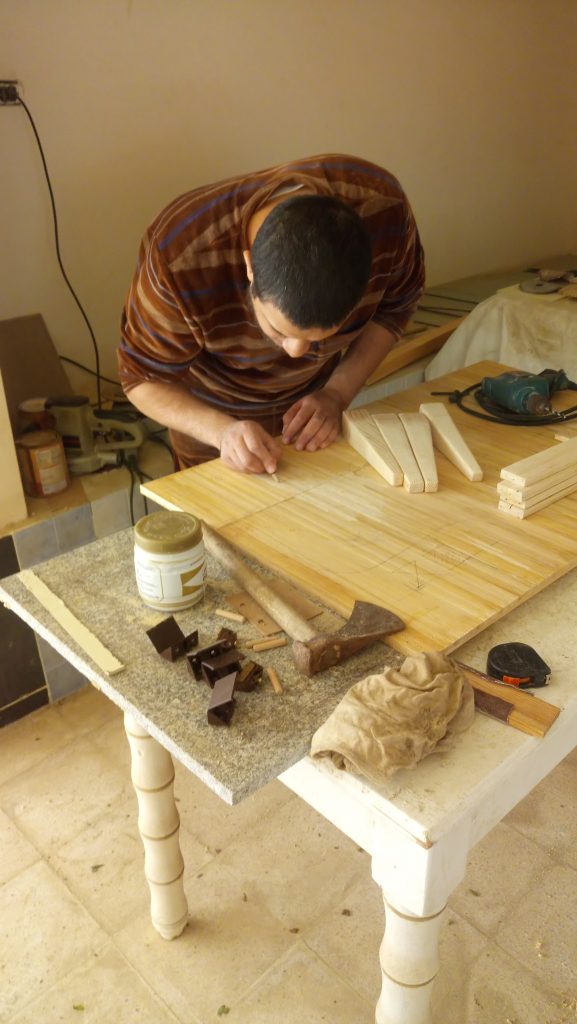
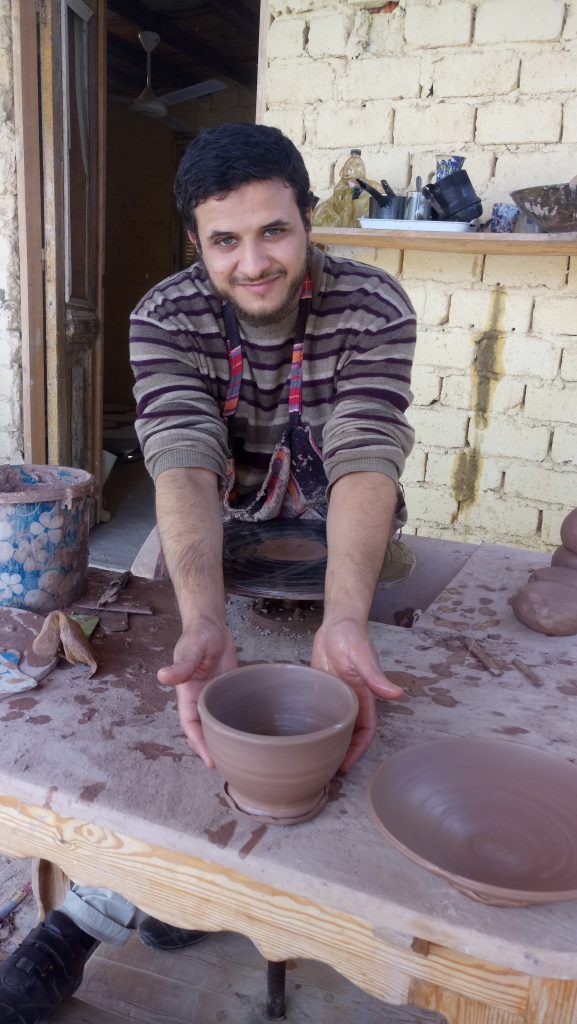
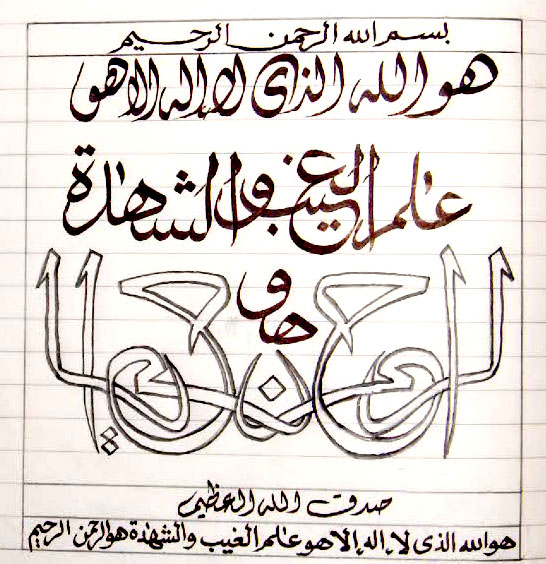
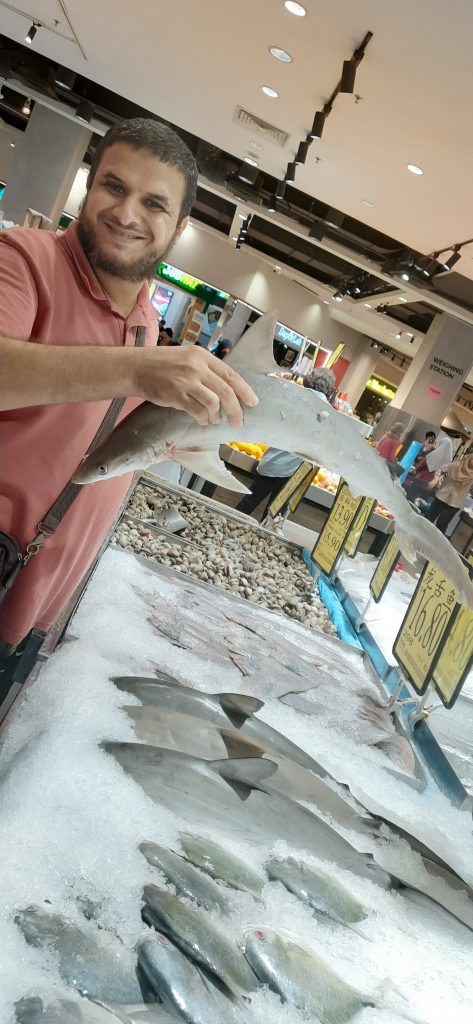
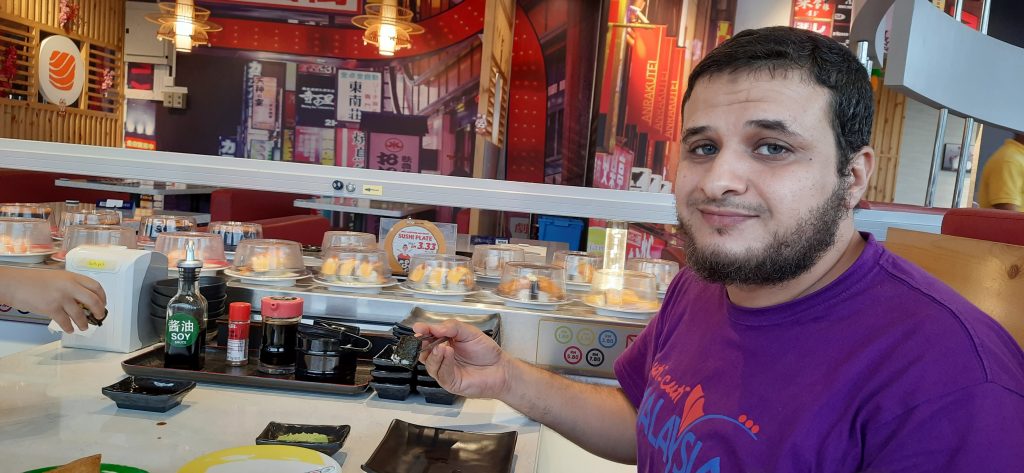
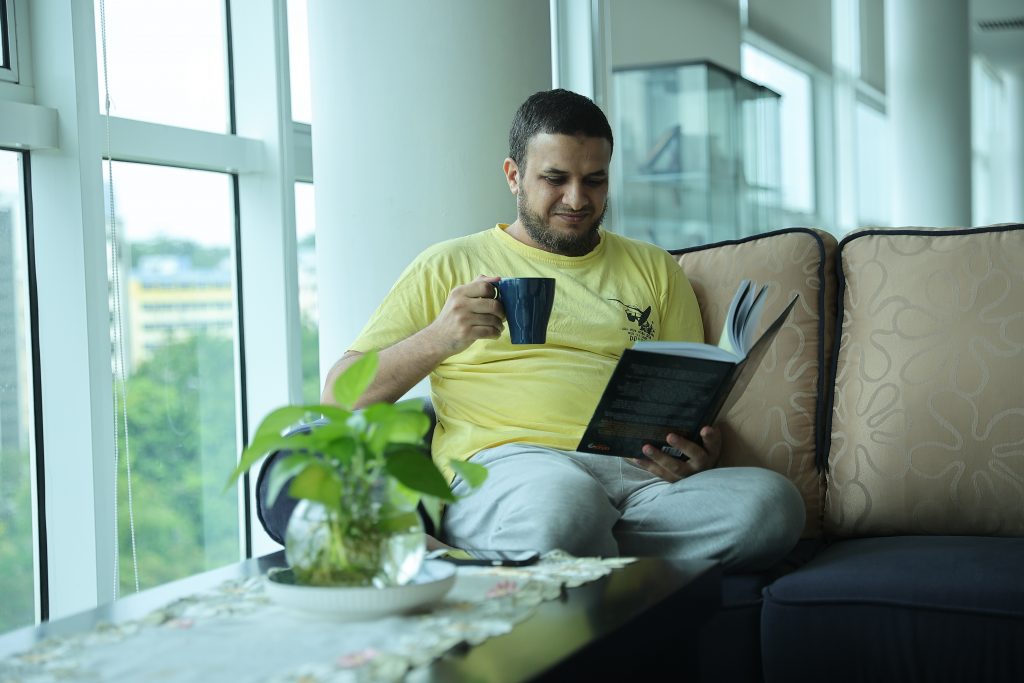
Paint us a picture of a typical weekend
My weekend starts on Friday night. I try to get back early so I can enjoy extra time with family. We may spend time watching a cartoon movie or playing games or telling stories. I like to start my day early to make use of every minute. Usually, I like to be active on my day off, I don’t like to just stay at home. So we might go swimming, to the park, shopping, for a short trip, or meet up with friends. With a day full of activities, I can feel satisfied at the end of the day and my family are so happy.
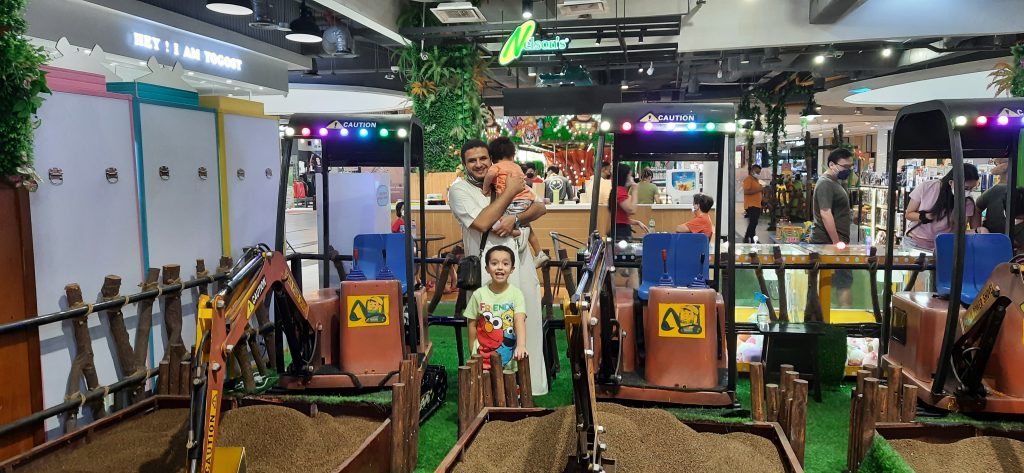
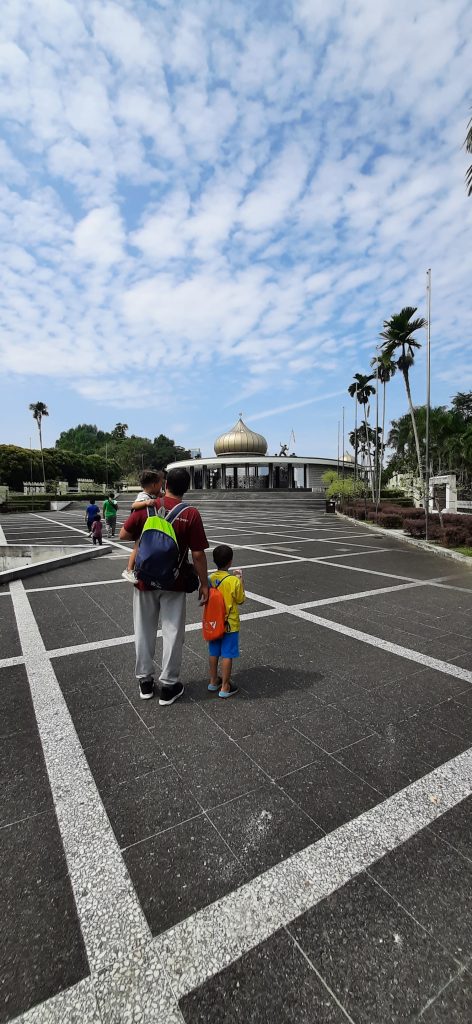
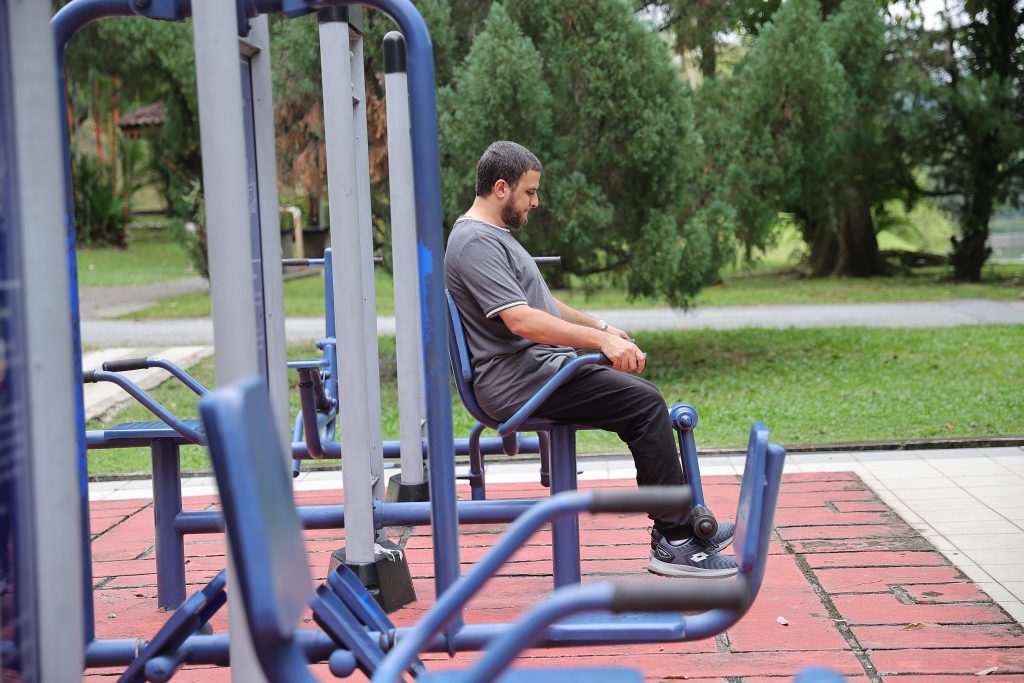
Tell us 5 of your favourite things
At work, what I like most is doing experiments and discussing work with colleagues. Celebrating our achievements is another favorite thing.
With my family, what I like is eating out to experience new foods, barbeques with friends and/or family, and travelling to places where I can get closer to nature such as coastal areas, oases, farms, forests, etc.
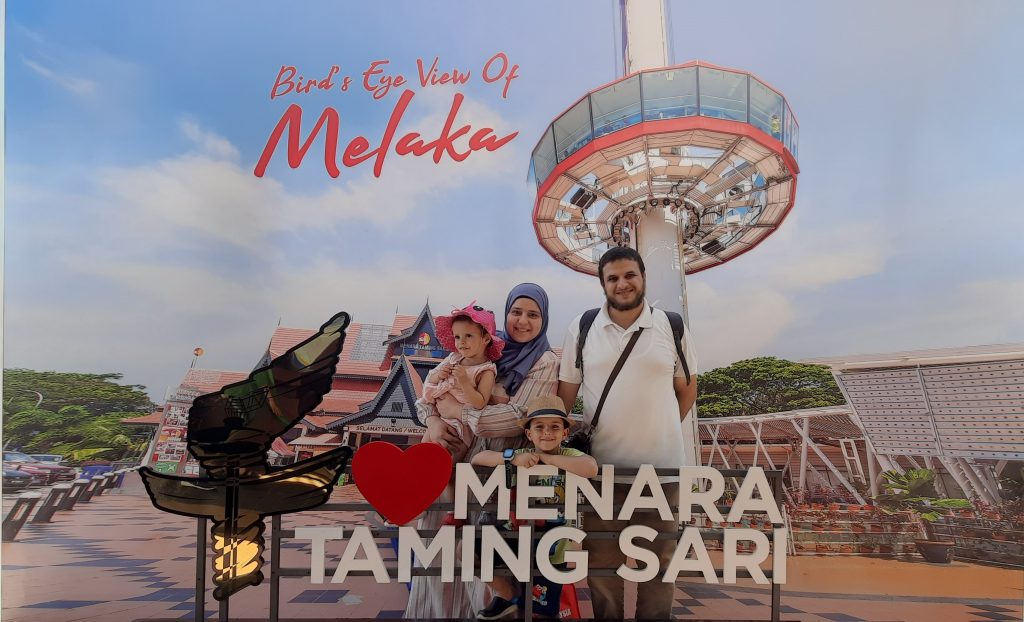
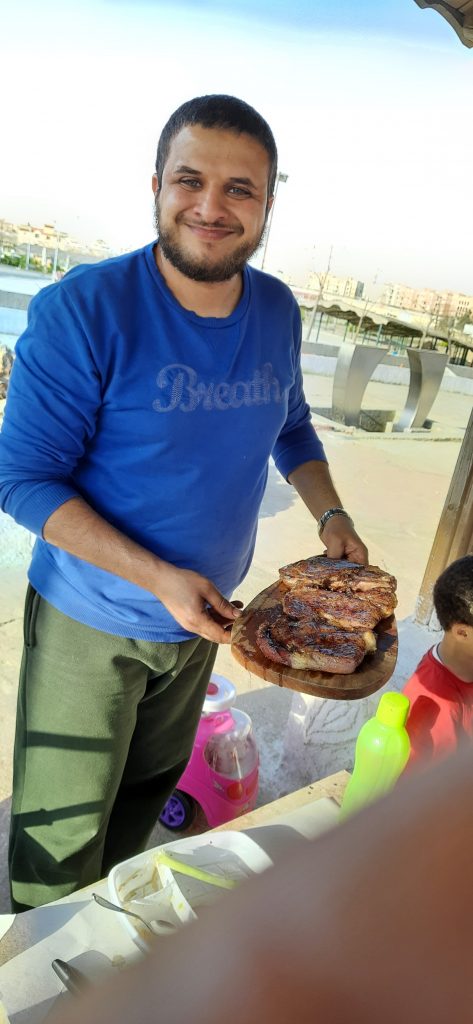
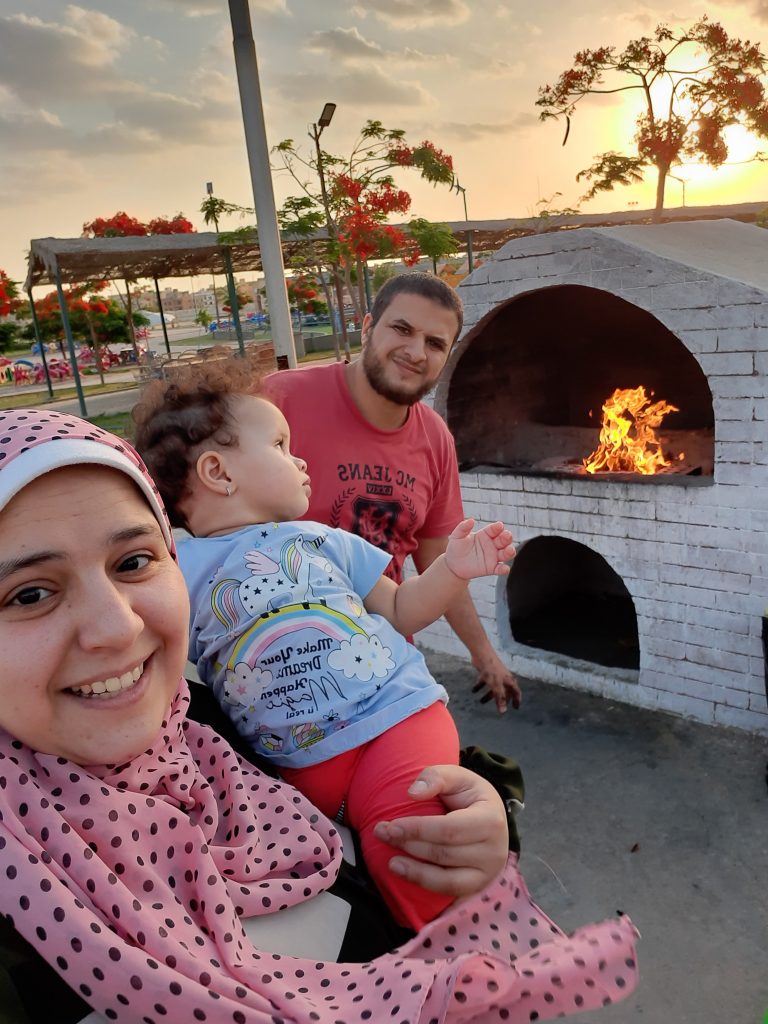
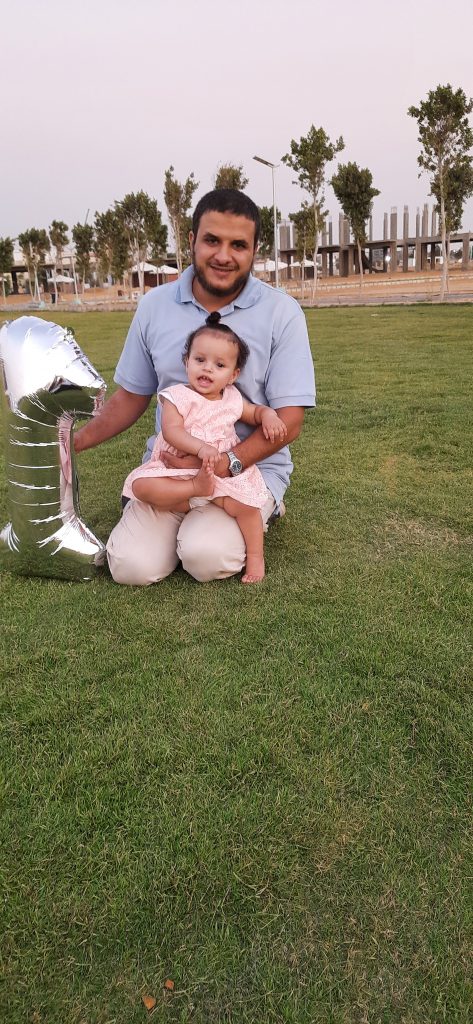
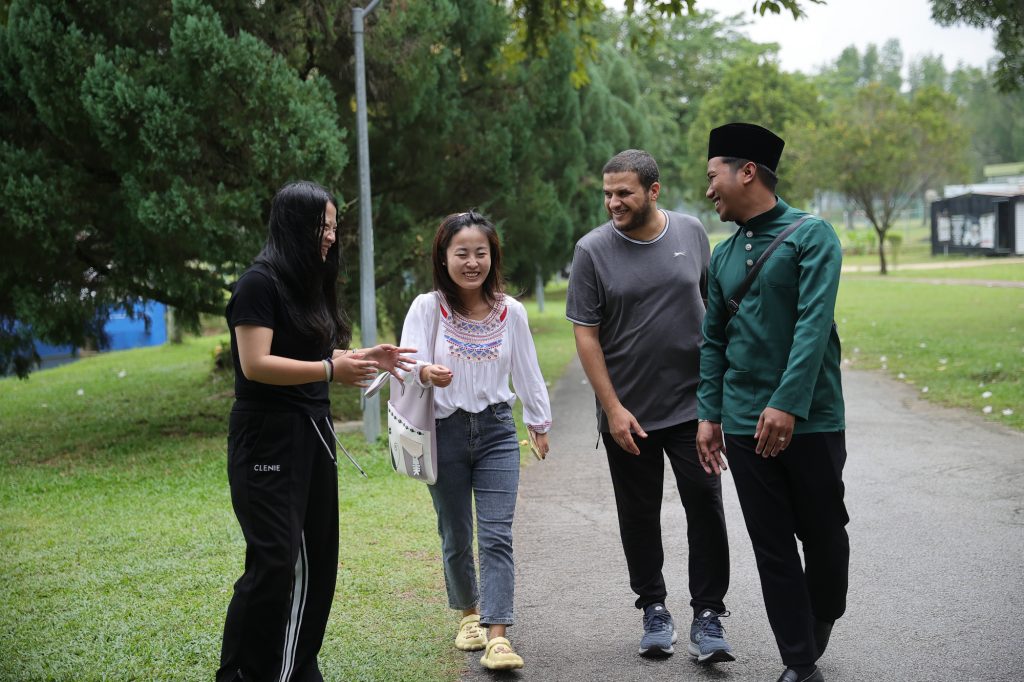
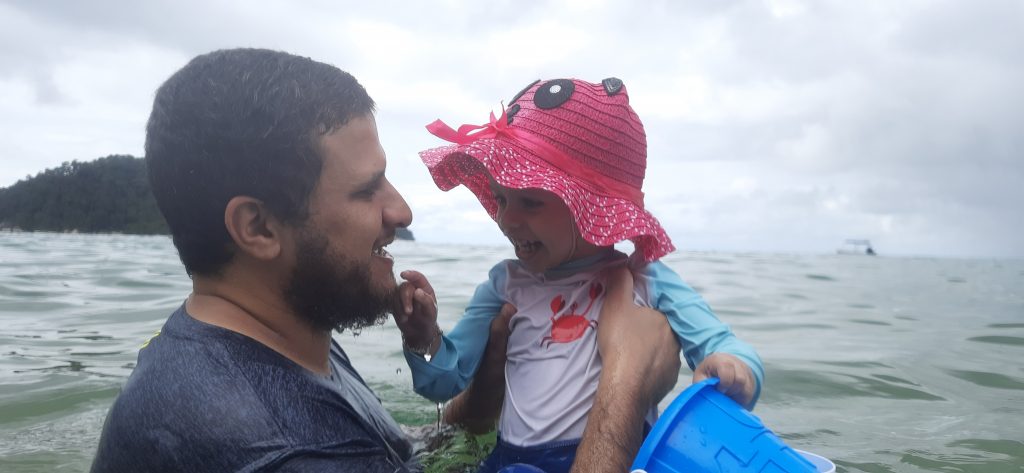
About ITI Research grants
The ITI provides funding for research projects in the field of implant dentistry and related areas that the ITI Research Committee has judged deserving of support. Part of the ITI’s annual research budget is allocated to applications whose projects deal with specific areas of interest defined by the ITI Research Committee.
The deadlines for ITI Research Grant applications are February 28 and August 31.
Apply for an ITI research grant


